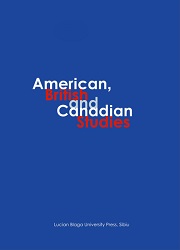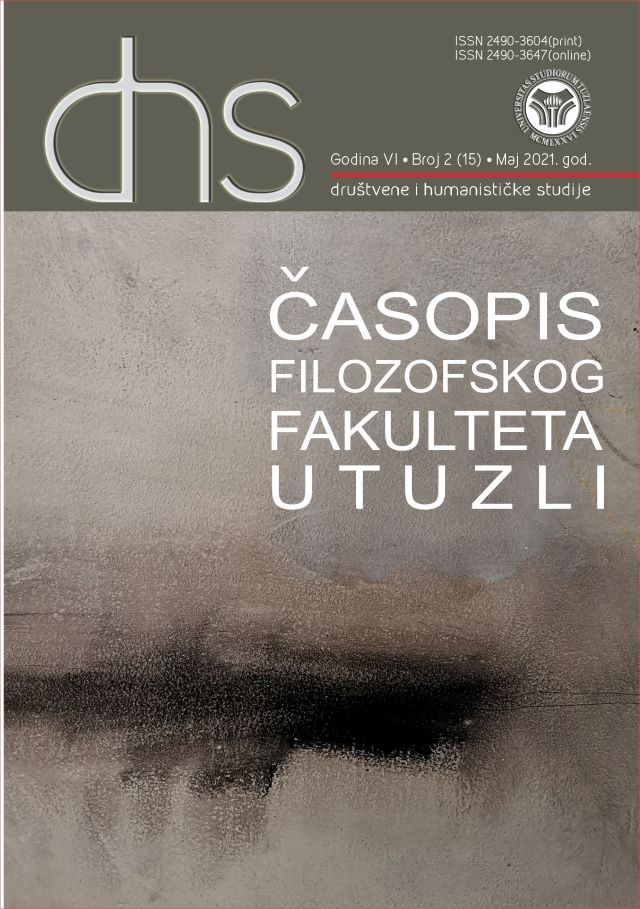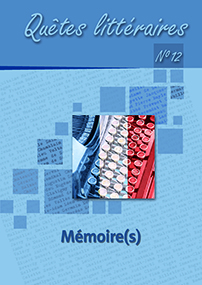
Nighttime Invasions, Colonial Dispossession, and Indigenous Resilience in Richard Wagamese’s Indian Horse
This essay demonstrates how Richard Wagamese employs oral storytelling techniques to make the complex idea of Indigenous dispossession sensually and intellectually accessible to readers of his novel, Indian Horse. The Wabseemoong First Nation writer depicts the devastating effects of white entitlement when rendering character Saul Indian Horse’s experiences in Canada’s residential schools and the effect those schools had on his subsequent life. Using narrative analysis, it will be shown how Saul loses his ability to perceive places as being alive and resonant, and is thereby dispossessed on an individual, social, and spiritual level. Furthermore, Wagamese’s descriptions of the physical, emotional, and sexual abuse of Indigenous children draw attention to the harrowing histories of Canada’s residential schools, thus laying bare the necropolitical potential of settler-colonial dispossession. This essay links Wagamese’s narrative to recent arguments brought forward in Indigenous studies. It aims to demonstrate that Indigenous dispossession in settler colonial states is part of modernity, and its overarching political economy, that is capitalism.
More...

